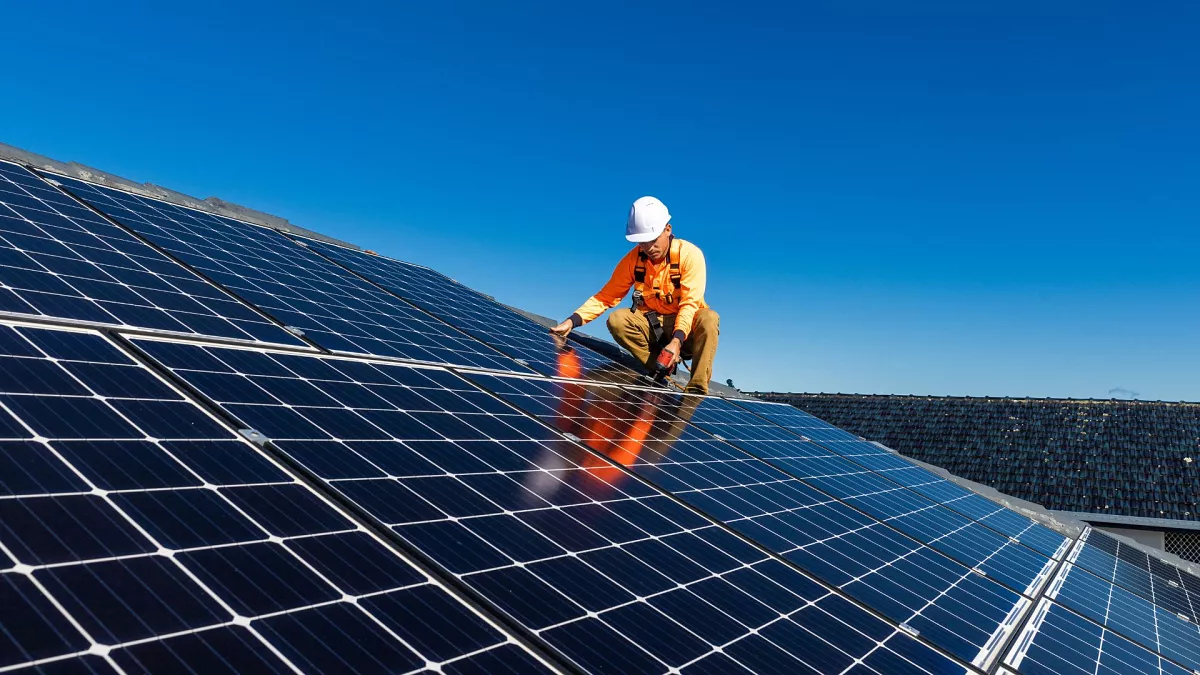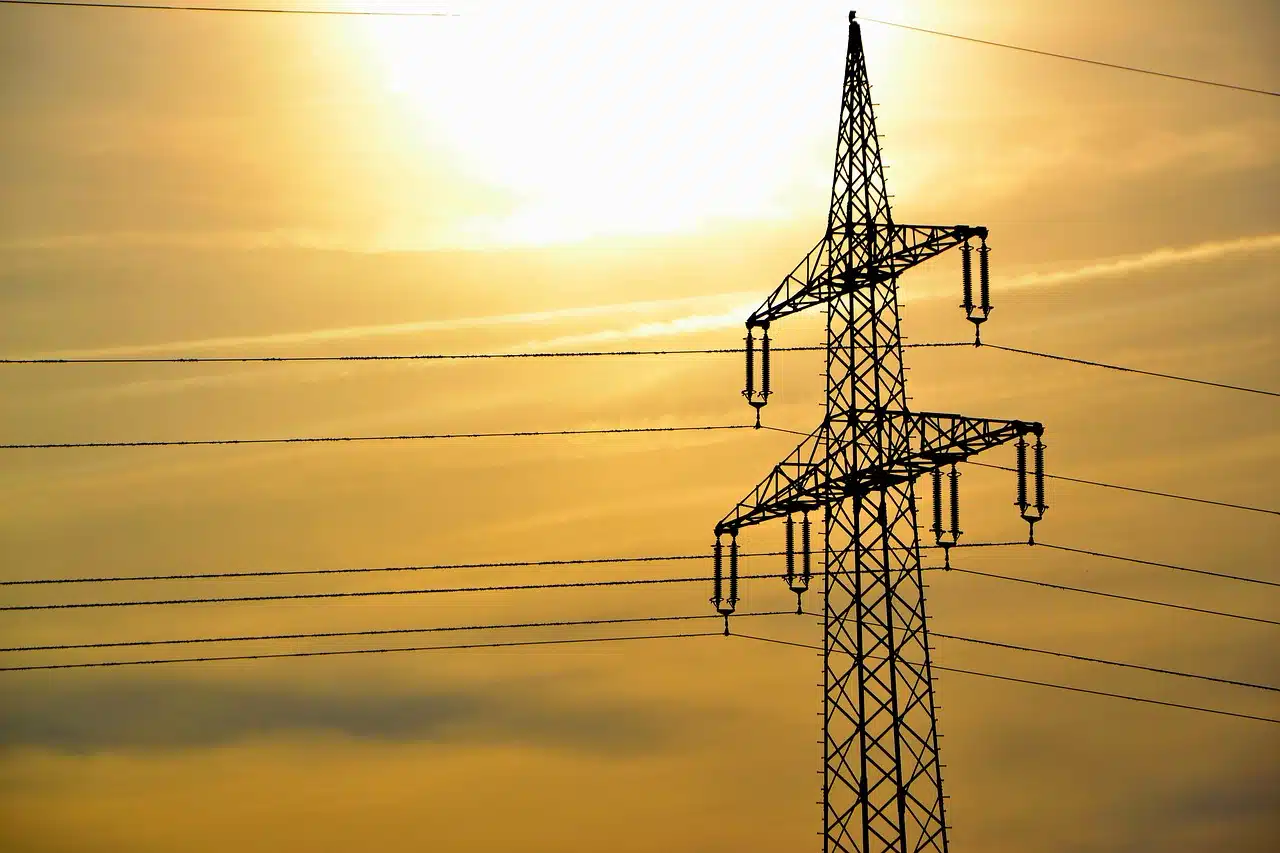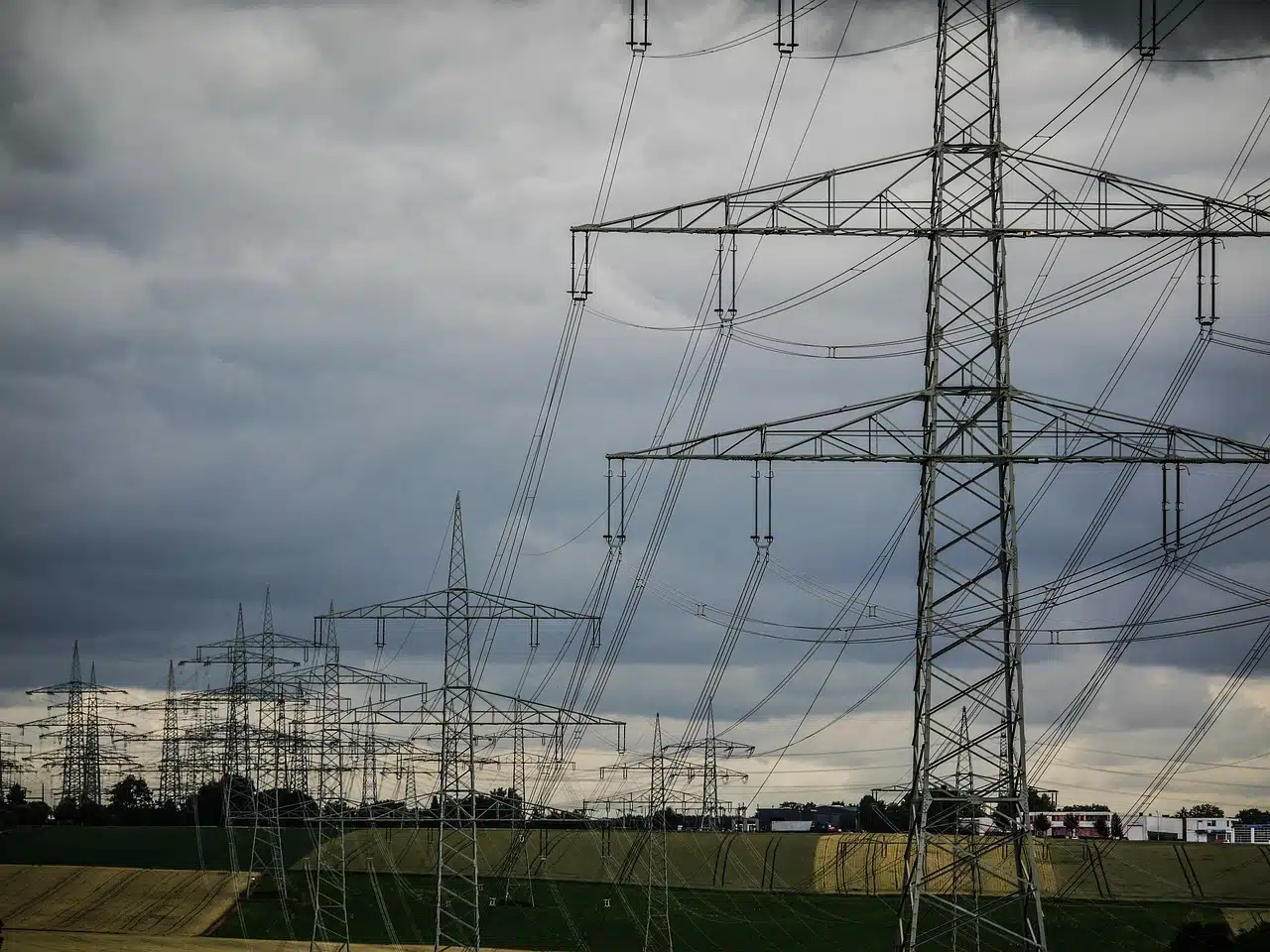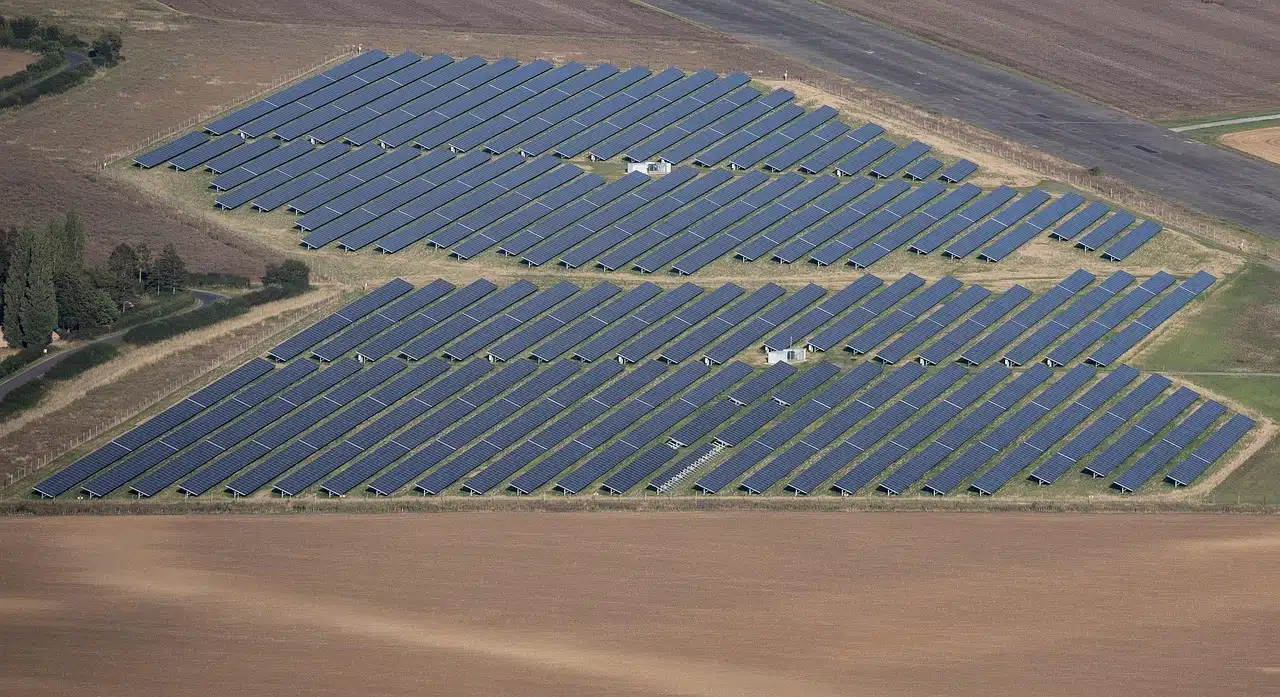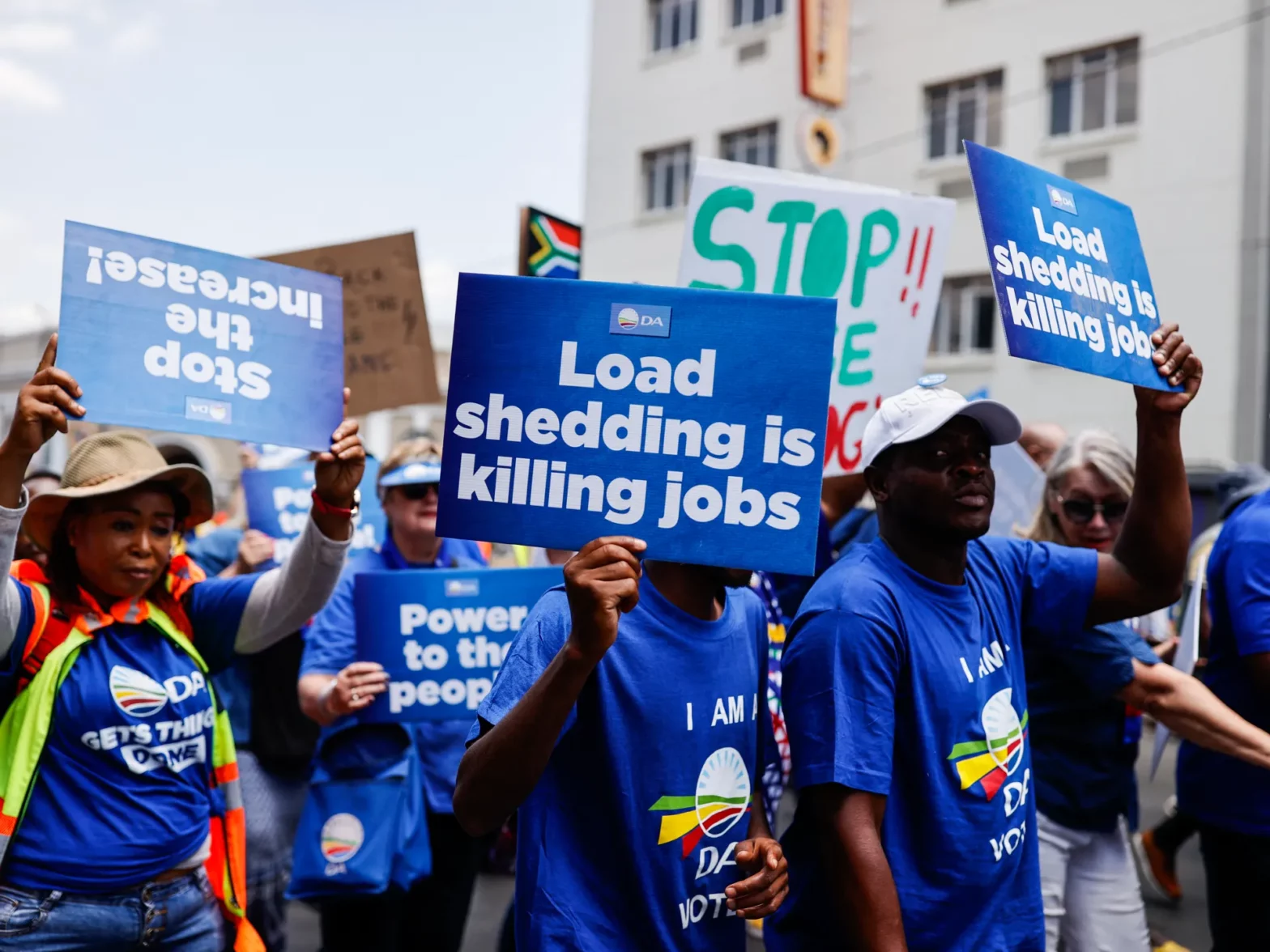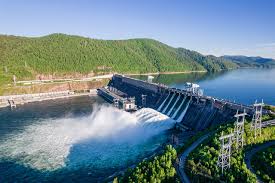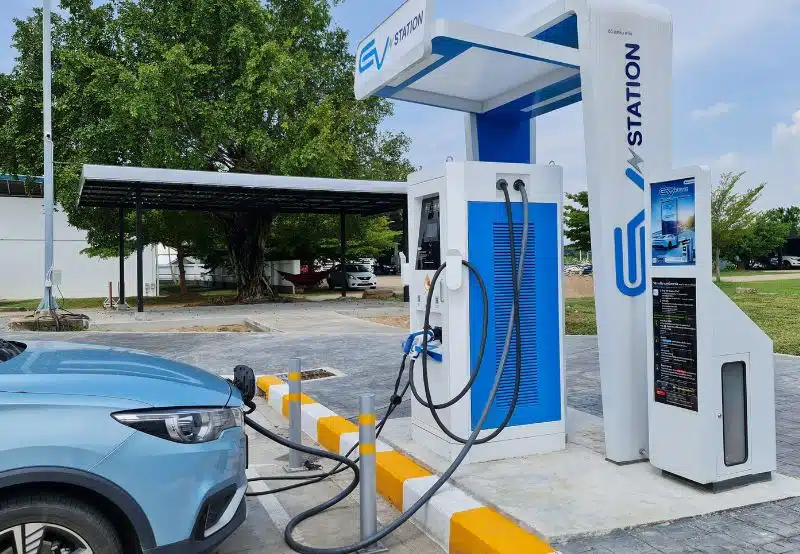In recent years, Nigeria has grappled with significant challenges in its energy sector, leaving millions of households and businesses without reliable access to electricity.
The national grid is often unreliable, forcing many Nigerians to depend on expensive and polluting diesel generators.
Against this backdrop, solar energy has emerged as a promising alternative, offering a cleaner and more sustainable solution.
However, the high upfront cost of solar installations has been a major obstacle to widespread adoption.
To address this barrier, several Nigerian solar firms have introduced “buy now, pay later” (BNPL) schemes, enabling consumers to access solar energy without the immediate financial burden.
While solar energy is environmentally friendly and cost-effective in the long term, the initial investment required can be prohibitive for many Nigerians.
A typical solar home system in Nigeria can cost between N200,000 and N1,000,000 (approximately $500 to $2,500), depending on the system’s capacity and quality.
For low-income households and rural communities, this expense is often out of reach.
Several factors contribute to the high cost of solar energy in Nigeria.
First, most solar components, such as panels, batteries, and inverters, are imported, and import duties, taxes, and logistics costs significantly inflate the final price.
Second, Nigeria has limited local manufacturing capacity for solar equipment, making the country heavily reliant on foreign suppliers.
Third, the fluctuating value of the Nigerian Naira against the US dollar increases the cost of imported solar components.
Finally, professional installation and regular maintenance add to the overall expense.
Given these challenges, many Nigerians who could benefit from solar energy are unable to afford it.
This is where BNPL schemes come into play, offering a practical solution to bridge the affordability gap.
Firms offering BNPL schemes in Nigeria
Several Nigerian solar firms have introduced BNPL schemes to make solar energy more accessible.
Lumos Nigeria
Lumos is a leading solar energy provider in Nigeria, offering solar home systems designed for households and small businesses.
Their BNPL scheme allows customers to pay for their solar systems in instalments over 12 to 36 months.
Lumos partners with mobile payment platforms like MTN to facilitate seamless payments, enabling customers to make daily, weekly, or monthly payments based on their financial capacity.
Baobab+
Baobab+ Nigeria, led by CEO Kolawole Osinowo, commenced operations in 2021 as a social enterprise dedicated to enhancing energy independence and digital access for households and small business owners.
The company integrates technology that enables remote management of its products through a SIM card or embedded code system, allowing activation or deactivation based on payment status.
With its Pay-As-You-Go (PAYG) model, Baobab+ makes energy solutions more affordable by allowing customers to pay in flexible installments—daily, weekly, or monthly—based on their financial capacity.
This approach enables gradual ownership of the product.
Daystar Power
Daystar Power focuses on providing solar energy solutions to businesses, particularly small and medium-sized enterprises (SMEs).
Their BNPL model allows businesses to install solar systems with little or no upfront cost, paying for the system over time through a power purchase agreement (PPA).
This model is particularly attractive to businesses seeking to reduce their reliance on diesel generators and lower their energy costs.
OneWattSolar (OWS)
OneWattSolar is a renewable energy provider that leverages blockchain technology to offer solar power solutions. Instead of purchasing solar infrastructure upfront, customers benefit from a financing model supported by investors.
To access electricity, users acquire “green coins”—blockchain tokens purchased in naira—which serve as payment for their energy consumption. These tokens are built on the Ethereum blockchain.
Each solar system is equipped with an internet-enabled router that tracks energy usage in real-time, ensuring customers only pay for what they consume.
The system operates on a PAYG basis, with monthly charges, and also provides OWS with live updates on any technical issues.
Types of BNPL schemes available
Nigerian solar firms have developed a variety of BNPL models to cater to the diverse needs of consumers.
These models differ in structure, flexibility, and target audience, ensuring that solar energy becomes accessible to a wide range of customers.
Installment payments
This model allows customers to pay for their solar systems in fixed instalments over a set period, typically 12 to 36 months.
Payments are often structured to be affordable, with little or no interest.
While this model is popular among middle-income households and small businesses, missed payments can lead to penalties or system deactivation.
Pay-As-You-Go (PAYG)
PAYG is a revolutionary model that has gained significant traction, especially in rural and low-income areas.
Customers pay for solar energy in small increments, often using mobile money platforms. The system is activated upon payment and can be deactivated if payments are missed.
his model is highly flexible and affordable but relies on mobile network coverage for payment processing.
Power purchase agreements (PPAs)
PPAs are popular among businesses and larger energy consumers. Under this model, the solar firm installs and maintains the system, and the customer pays only for the energy consumed.
This approach eliminates upfront costs and is ideal for businesses looking to reduce operational expenses.
Lease-to-own
This hybrid model allows customers to lease a solar system for a fixed period, after which they gain full ownership.
Lease payments are typically lower than installment plans, and maintenance is often included. However, the long-term commitment may deter some customers.
Challenges with credit schemes in Nigeria
While BNPL schemes hold significant promise, they are not without challenges. These hurdles stem from economic, regulatory, and social factors that complicate their implementation and sustainability.
One of the most pressing issues is credit risk. Many Nigerians lack formal credit histories, making it difficult for solar firms to assess their creditworthiness. This is especially true in rural areas, where financial inclusion is low.
Without reliable data, firms face a higher risk of defaults, which can undermine the viability of their programs.
Another challenge is the high operational costs associated with managing BNPL schemes.
These programs require robust administrative systems to track payments, follow up on defaults, and maintain customer relationships.
For solar firms, this often means investing in digital platforms, customer service teams, and field agents, which can be prohibitively expensive.
Currency volatility further complicates matters. Fluctuations in the exchange rate affect the cost of imported solar components, making it difficult for firms to maintain stable pricing.
This volatility not only impacts profitability but also creates uncertainty for consumers.
On the regulatory front, the lack of clear guidelines around BNPL schemes poses a significant challenge.
The absence of a well-defined legal framework creates uncertainty for both firms and consumers, leaving room for disputes and misunderstandings.
Finally, consumer education remains a critical barrier. Many potential customers are unaware of how BNPL schemes work or are sceptical of their benefits.
Misconceptions about hidden fees, high interest rates, or the risk of losing access to their solar systems can discourage participation.
Consumer reactions to BNPL schemes
The response to BNPL schemes has been mixed.
On the one hand, many consumers, particularly low-income households and small businesses, have welcomed the opportunity to access solar energy without upfront costs.
For these groups, BNPL schemes have been transformative, enabling them to transition from expensive and unreliable energy sources to cleaner, more sustainable solar power.
A survey by the Renewable Energy Association of Nigeria (REAN) involving 1,026 women-led small businesses revealed that over 90% reported adverse impacts on their businesses due to subsidy removal.
These women overwhelmingly recognise the need for affordable and reliable energy to improve productivity and sustain their livelihoods.
They identified renewable energy solutions as transformative, offering the potential to reduce costs, improve health, and boost income in sectors such as agriculture, trade, and education.
According to John Taiwo, a trader in the Balogun market in Lagos, while he finds the “Buy Now, Pay Later” (BNPL) model appealing as a way to access solar energy without a heavy upfront cost, he remains sceptical about the security of his personal and financial data.
His primary concern lies in the requirement for sensitive details like the Bank Verification Number (BVN) during the registration process, which he believes exposes consumers to potential financial risks.
“The platform requires our BVN to register, and you know, once BVN is involved, it means my money is not entirely safe,” Taiwo said.
“We have heard too many stories of unauthorized deductions, data breaches, and even fraud linked to financial platforms that store personal information. What assurances do we have that our details won’t be misused or sold to third parties?”
Taiwo further expressed concerns about the lack of robust consumer protection laws in Nigeria, which could leave users vulnerable to exploitation.
“In countries where BNPL services are common, there are strong data protection laws to safeguard consumers,” he said.
Despite these challenges, BNPL schemes are gaining traction, particularly among low-income and rural consumers who have few alternatives.
To build trust and encourage wider adoption, solar firms must prioritize transparency, fairness, and customer education.
Expert views on BNPL schemes
Segun Adaju has been a vocal advocate for innovative financing models to promote renewable energy adoption in Nigeria.
He emphasizes that accessible financing is crucial for scaling solar energy solutions, particularly for small and medium-sized enterprises (SMEs) and low-income households.
“My experience of over two decades in the banking industry has shaped my approach to deploying solar solutions. At Consistent Energy, we don’t just sell solar products—we see ourselves as a solar energy leasing and financing company,” he said.
“We started by using microcredit models to sell solar to small-scale businesses like barbers and phone chargers, making it easier for them to adopt clean energy.
“Today, we are one of the leading pay-as-you-go and rent-to-own solar firms in Nigeria, helping SMEs transition to more sustainable power sources without the burden of high upfront costs.”
However, Adaju believes that beyond financing, structural challenges hinder the renewable energy sector’s growth.
He highlights the absence of strong policy incentives, poor awareness, and the high cost of importing solar products as major barriers.
“Finance is a major challenge as it restricts the capacity of companies to grow. Many solar firms struggle to scale due to limited access to funding,” he added.
Although he supports measures to ease financial burdens on renewable energy firms, Adaju is sceptical about direct government subsidies.
“I am not an advocate of subsidies of any form because they tend to distort the market and are often plagued by corruption. Instead of subsidies, what we need is a level playing field where all energy technologies can compete fairly,” he noted.
“It doesn’t make sense to subsidize fossil fuels while leaving renewables struggling with high costs. I strongly support incentives such as customs duty and VAT waivers, pioneer status, and tax holidays for renewable energy businesses.
“These measures will help the industry grow at a faster rate and attract more investments.”
Is BNPL a sustainable strategy?
The sustainability of BNPL schemes depends on several factors, including the financial health of solar firms, the creditworthiness of consumers, and the broader economic environment.
For firms, the key challenge is balancing the need to expand access with the need to maintain profitability.
High default rates or operational inefficiencies could undermine the viability of these schemes.
For consumers, the sustainability of BNPL schemes depends on their ability to make regular payments without undue financial strain.
If the cost of solar energy becomes too burdensome, consumers may default or abandon the system altogether.
In the long term, BNPL schemes could help build a more sustainable energy ecosystem in Nigeria by reducing reliance on fossil fuels and increasing access to clean energy.
However, this will require ongoing innovation, collaboration, and support from both the private and public sectors.
The introduction of “buy now, pay later” schemes by Nigerian solar firms represents a significant step forward in making solar energy more accessible.
By addressing the high upfront cost of solar installations, these schemes have the potential to transform the energy landscape in Nigeria, particularly for low-income households and small businesses.
However, the success of BNPL schemes is not guaranteed.
Firms must navigate a range of challenges, from credit risk to regulatory uncertainty, while consumers need to be educated about the benefits and risks of these schemes.
With the right strategies and support, BNPL could play a key role in driving the adoption of solar energy in Nigeria, contributing to a cleaner, more sustainable future.

